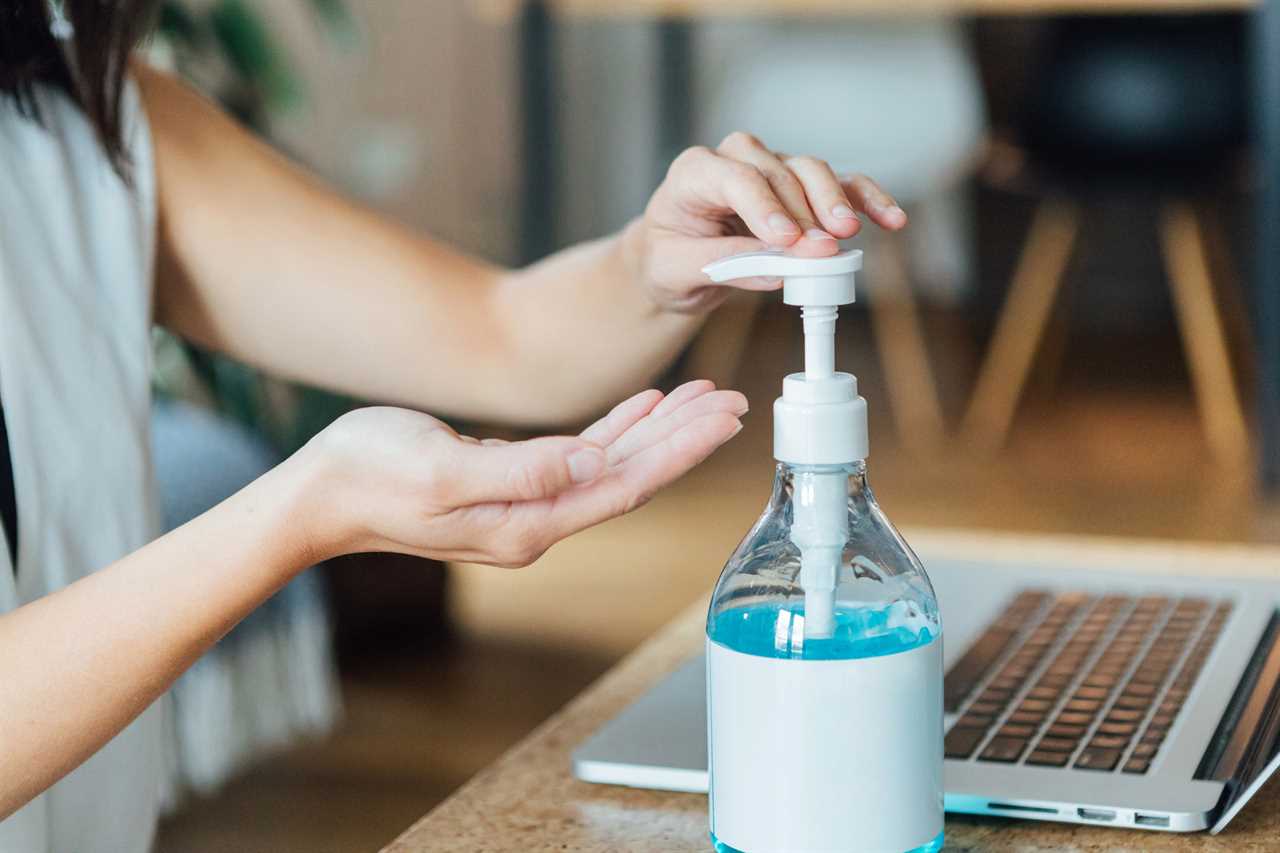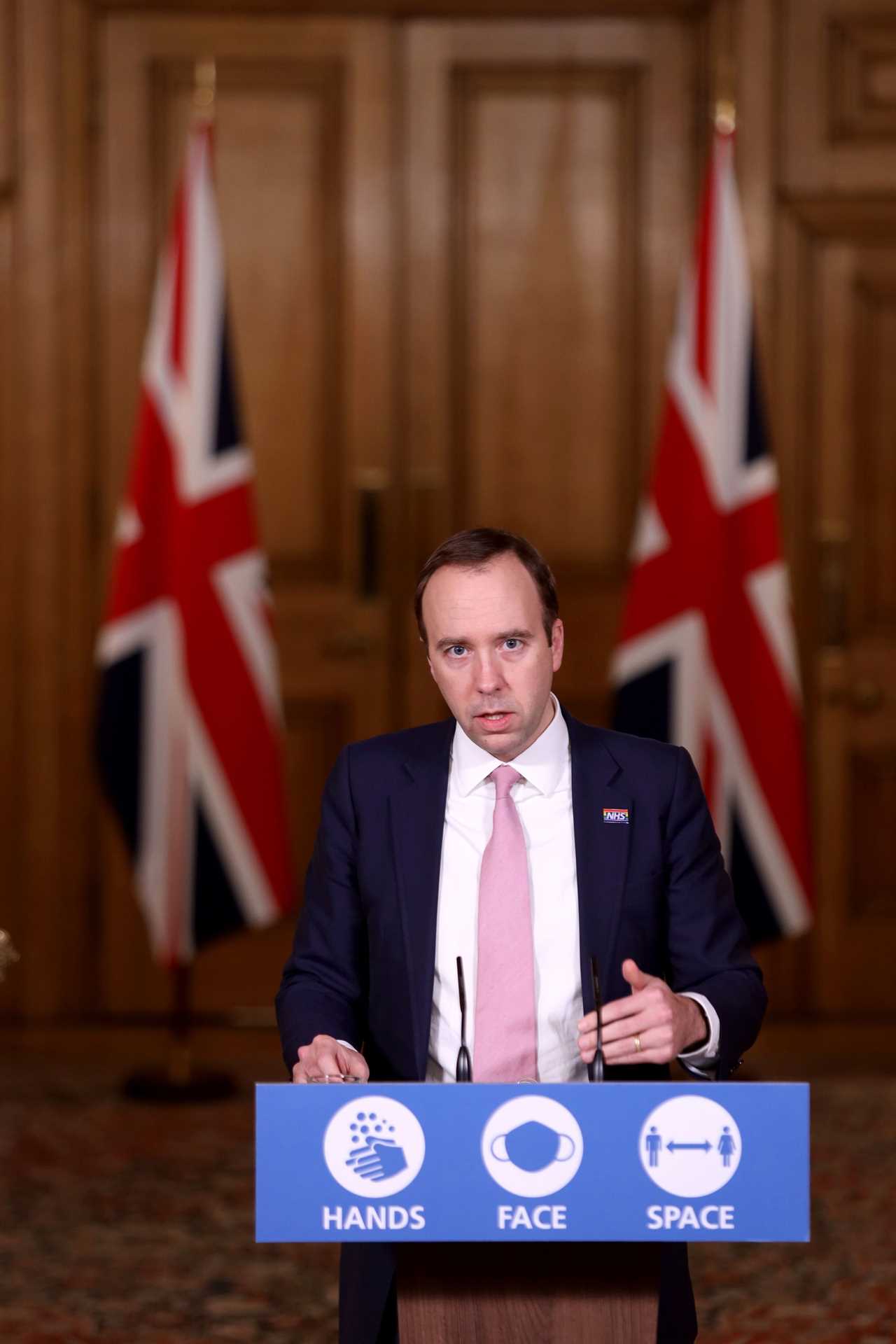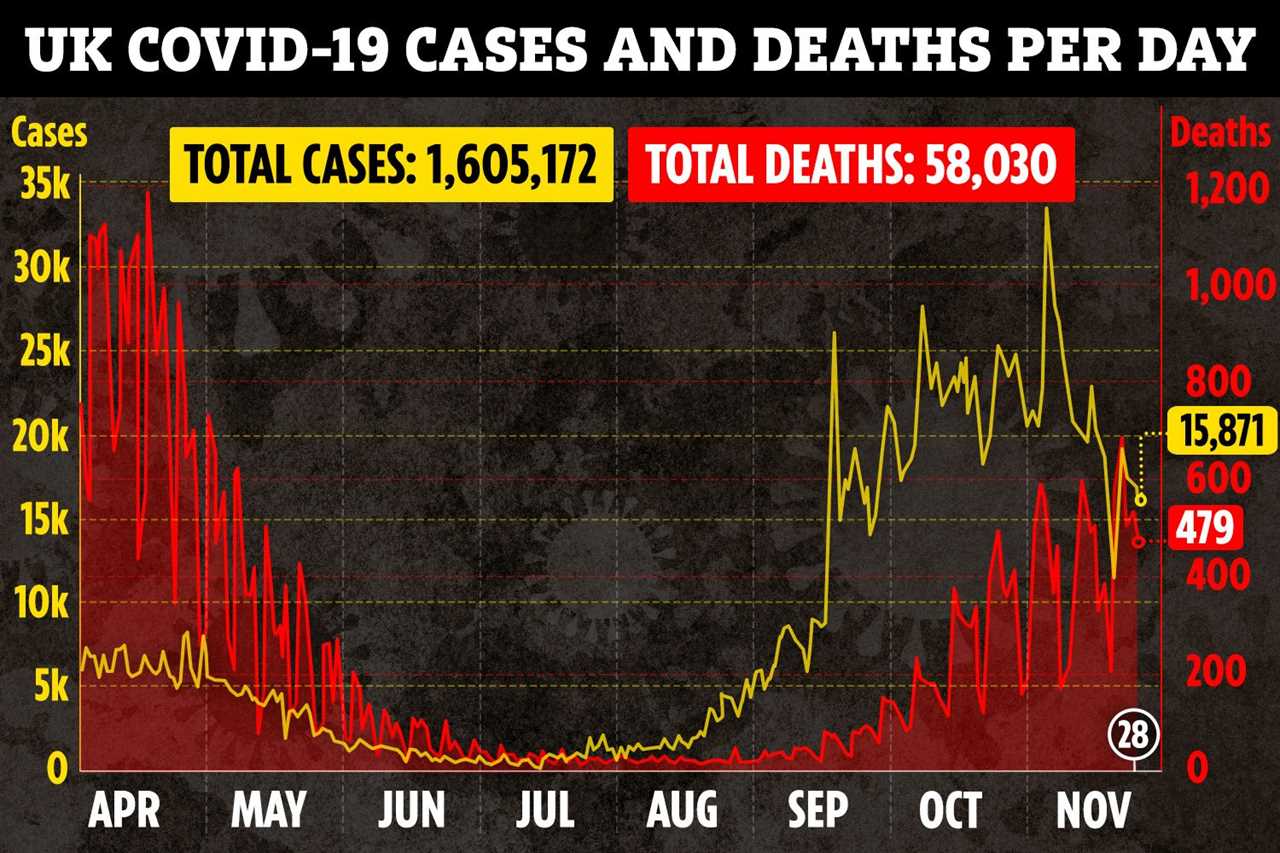CHEAP sanitisers and wipes used to protect against coronavirus are often useless, scientists have warned.
And some even make things worse by binding deadly proteins to the surfaces they are meant to clean.


Labels which claim the product kills 99.9 per cent of germs are often a lie – because there is no legal requirement to have independent tests.
The shocking revelation comes in a report by leading microbiologists demanding a crackdown on “Covid cowboys”.
They fear thousands of families using the products may be lulled into a false sense of security which could be dangerous as the nation battles a second wave of the virus.
A group of leading anti-infection experts have written to Health Secretary Matt Hancock urging him to act – and warning that some of these suspect cleaning products could even be used in hospitals.
‘COVID COWBOYS’
They want new laws to stop disinfectant producers from “making misleading and unsubstantiated claims about what they protect us from.”
UK laws require no rigorous checks for products sold to the NHS, businesses and the general public, unlike in other countries including Germany and the USA.
Professor Jean-Yves Maillard, a pharmaceutical microbiologist at Cardiff University, said “Disinfectant products should meet high clinical standards and be able to demonstrate their efficacy.
“Higher statutory minimum requirements are badly needed so that the public and clinicians know exactly what they are buying and what it protects against.”


Demand for disinfectant products has rocketed since the pandemic began, leading to start-up producers.
But this has created an increased risk of new – and some existing “ manufacturers making misleading claims.
The Safer Disinfectant Network, which represents disinfectant suppliers and infection control experts, including medical doctors, nurses and university professors, has alerted the Health Secretary.
They warn that more members of the public and businesses are buying cheap alcohol-based wipes, assuming they protect against coronavirus – as their labels often claim.
‘WIPES INEFFECTIVE’
But most users are not aware that they can only disinfect surfaces which are already clean.
So unless desktops are washed down with soap and water first, the wipes are likely to be ineffective or make matters worse.
This makes them useless in a public space or work setting that is not being regularly cleaned.
Most disinfectant products are tested against bacteria but some also claim effectiveness against viral activity.
Thousands of consumers buy cheaper products, such as two-in-one wipes which both clean and disinfect a surface.
Alcohol wipes can also be damaging to plastic surfaces on many medical devices.
This can compromise the ability to decontaminate devices adequately and, in some cases, interfere with functionality which poses a significant risk to patient safety.
In their letter to Mr Hancock, the Safer Disinfectant Network, calls for him to introduce “higher clinical standards and mandatory independent testing for all disinfectant products”.






